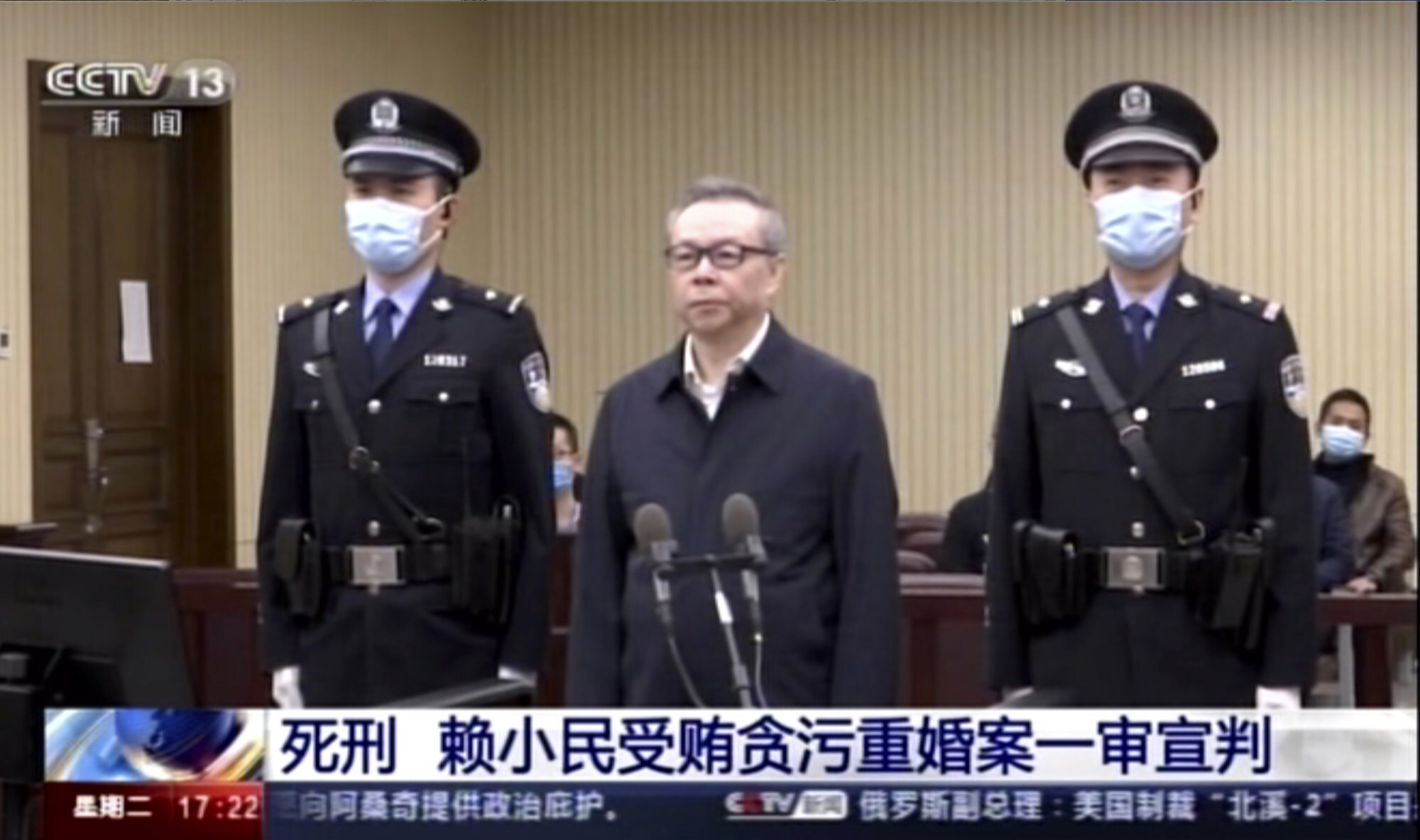
Bad-debt manager China Huarong once again delays results as auditors need time to ‘finalise unspecified transaction’
- China Huarong Asset Management had missed an earlier March 31 deadline to announce preliminary results, saying that its auditors needed more time
- The Hong Kong stock exchange, where the shares are listed, has a deadline of April 30 for companies to file final earnings results
China Huarong Asset Management said its 2020 earnings results would be delayed past an April 30 deadline, potentially further fraying investors’ nerves after mounting worries over potential defaults by the state-owned bad-debt manager caused a meltdown in its bonds.
The firm, China’s largest distressed-asset manager, missed an earlier March 31 deadline to announce preliminary results, also saying that its auditors needed more time. The company’s shares have been suspended since April 1.
China Huarong’s initial delay of the announcement stoked concerns over its financial health and kicked off an almost two-week plunge in its dollar bonds. Three major credit firms, Moody’s Investors Service, Fitch Ratings and S&P Global Ratings, have put the company’s debt rating on review for a potential downgrade.

The Hong Kong stock exchange, where the shares are listed, has a deadline of April 30 for companies to file final earnings results.
Market worries eased after reports that Huarong made moves to pay off bonds maturing in April. Earlier, Bloomberg reported that the company proposed a sweeping overhaul which includes offloading its unprofitable, noncore businesses to revive profitability and avoid the need for a debt restructuring.
China’s Ministry of Finance, Huarong’s biggest shareholder, is considering transferring its ownership stake to Central Huijin Investment, a unit of the nation’s sovereign wealth fund, a person familiar with the matter told Bloomberg earlier this month.
China is also considering a plan that would see the central bank assume more than 100 billion yuan (US$15.4 billion) of assets from China Huarong to help the company clean up its balance sheet, Bloomberg reported last week.
Huarong is one of four state-owned entities set up by China in 1999 to help manage bad debt in the country’s banking system. The firm listed in Hong Kong after a US$2.5 billion initial public offering in 2015, giving it a market value of more than US$15 billion. Its shares last traded at a third of that.
The company owes bondholders the equivalent of US$41.8 billion, with US$16.9 billion of that falling due by the end of next year, according to data compiled by Bloomberg. Huarong reported a 92 per cent drop in net income for the first half of 2020 as the value of some assets fell in wake of the Covid-19 pandemic.

